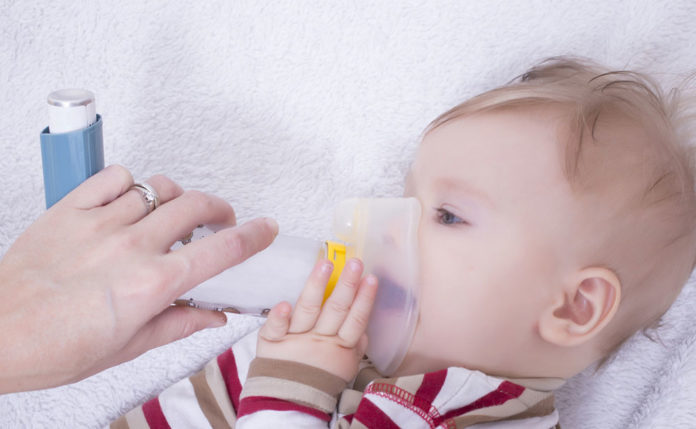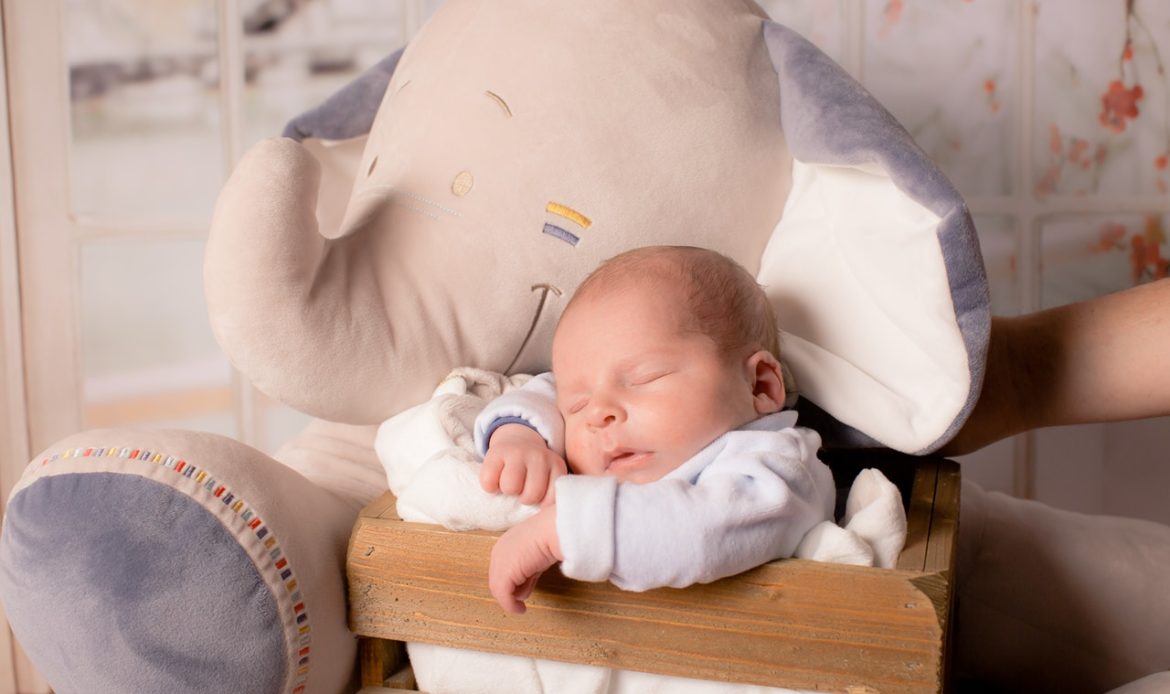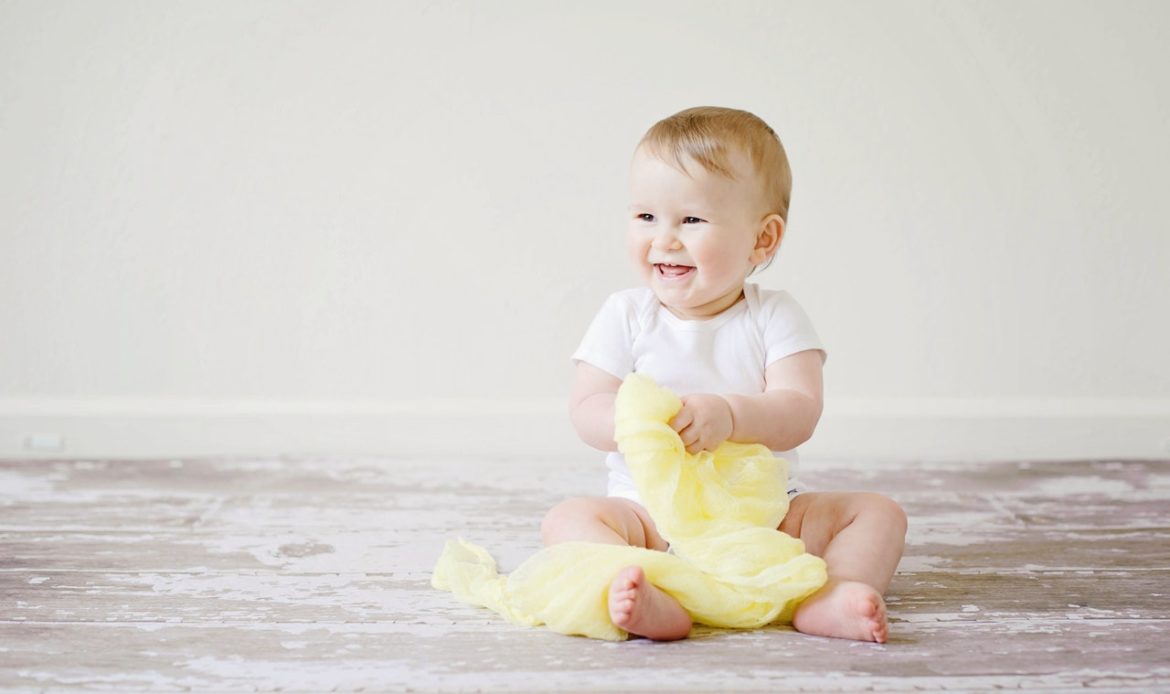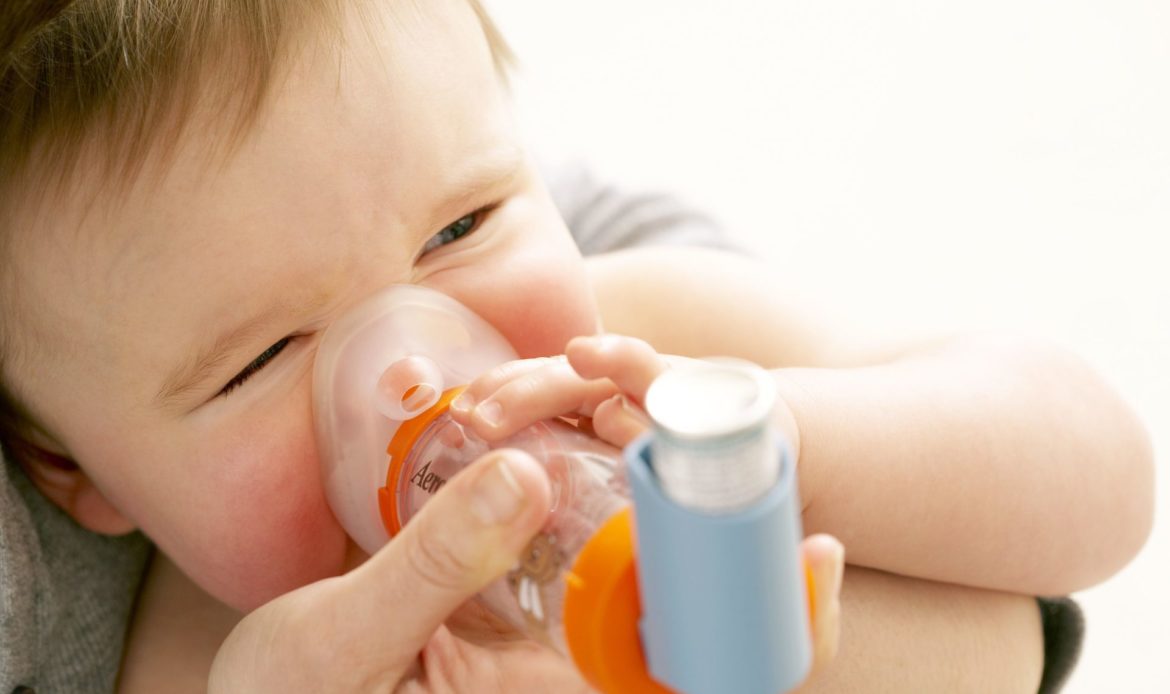
Shortness of breath is a serious symptom in babies that shouldn’t be ignored. Parents should understand the symptoms and ways to alleviate respiratory distress in advance. Seek out a doctor when the symptoms become worse.
What causes asthma in infants?
One of the causes of asthma in infants is upper respiratory tract infection. If the baby’s larynx and laryngeal bones are not fully developed or when the upper airway is too narrow, it can lead to shortness of breath when obstructed.
Another cause of asthma in infants is viral infection or laryngeal edema, an allergic edema of the vocal cords. It is most often caused by seafood, medications or bee stings, and is not associated with the body’s constitution. It is often accompanied by respiratory edema.

Lower respiratory tract infection is also another cause of asthma in infants. The causes of lower respiratory tract infections include respiratory distress (common in premature infants with immature lungs), fetal aspiration syndrome, and congenital heart disease (requiring wheezing to increase oxygen levels due to lack of oxygen).
Besides the reasons listed above, experts have pointed out that the following problems might be one of the causes of shortness of breath in babies younger than one:
- Respiratory syncytial virus, such as bronchitis.
- Allergies: Shortness of breath or wheezing sounds in newborns can be caused by allergies.
- Congenital structural abnormalities: due to abnormal vascular structure, compression of the airway, blockage of the esophagus, or congenital abnormalities of the trachea.
- Diaphragm disease: Diaphragmatic hernia caused by poorly developed lungs.

How serious is asthma in infants?
Asthma in infants should be taken seriously and cautiously. It can cause respiratory failure or inability to change air, which can lead to hypoxia and damage to organs and tissues in the extreme. In the worst case, it can even lead to death.
Asthma in infants may develop into respiratory failure if the condition worsens, or even into sudden airway obstruction, such as sputum obstruction, or respiratory pauses that results in oxygen deprivation. This may cause brain damage and affect the future neurological development, endangering the baby’s growth. In view of this, parents should monitor their baby’s breathing and seek medical attention immediately if they find any abnormalities.

How to detect asthma in infants?
If parents find their newborn baby breathing fast while sleeping, you should immediately check if the baby is covered by objects like blanket or if there are objects in the nasal cavity. If the above causes are ruled out, parents should count the number of breaths the baby takes in a minute to determine if it is asthma.
Under normal circumstances, newborns breathe at a rate of 40 to 60 breaths per minute. If your baby has difficulty in breathing, you should take him or her to a clinic to find the cause and treat it as soon as possible.

Treatment
When asthma is diagnosed in infants, doctors will prescribe the appropriate medication to control the symptoms and prevent asthma from occurring.
Generally speaking, doctors prescribe long-acting medications in inhale forms, such as inhaled corticosteroids. These medications are the cornerstone of asthma treatment and helps relieve asthma symptoms.
Asthma symptoms might still occur even with medications. In this case, parents can use a doctor-prescribed quick-relief medication. However, parents should be aware that if their baby has been using a short-acting inhaler often, they should visit the clinic as soon as possible so that the doctor can adjust the long-acting medications.










